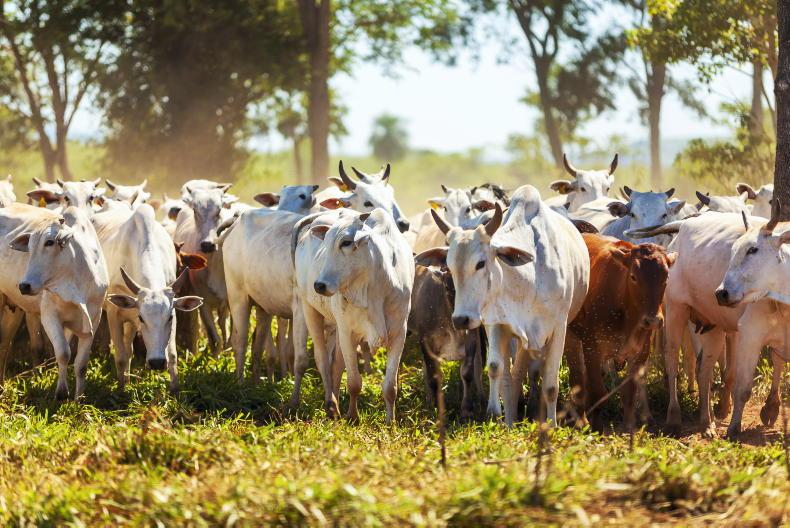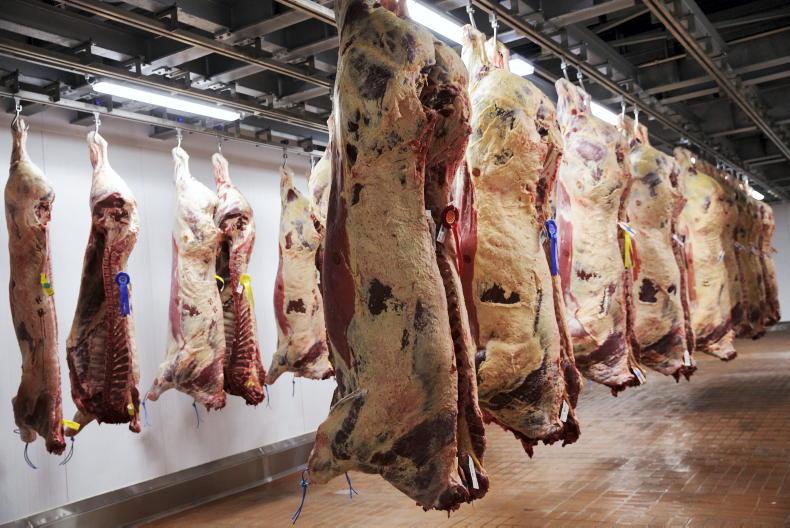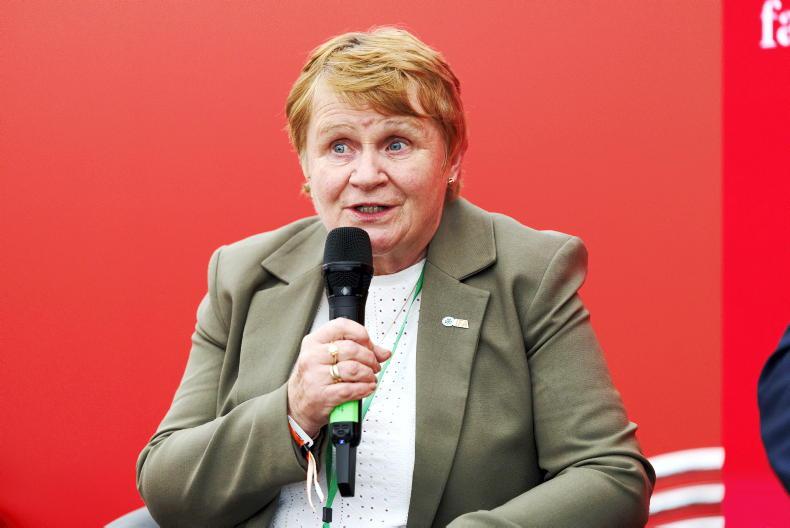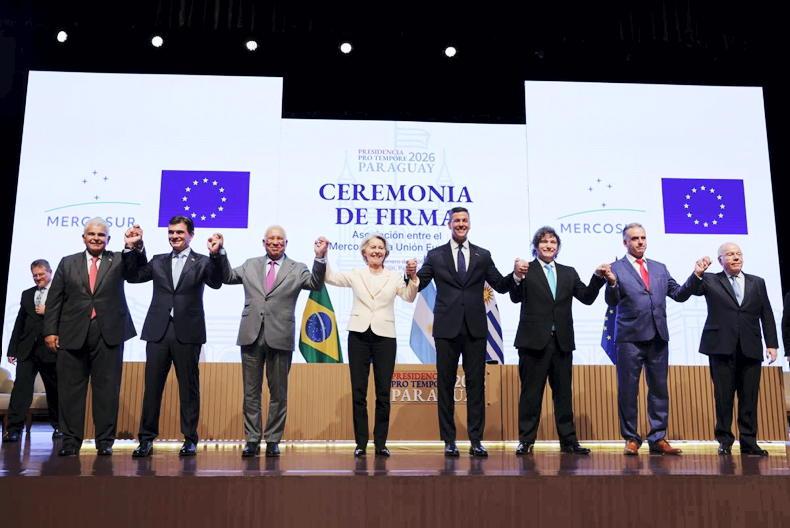The European Commission needs to outline how the proposed €1bn Mercosur ‘safety net’ fund will help Irish farmers, MEP Maria Walsh has said.
Speaking at a meeting of the European Parliament’s Agriculture Committee this Thursday, Walsh said the €1bn fund is of “little comfort” to Irish farmers.
“I requested clarity from the Commission on how the €1bn Mercosur ‘safety net’ fund will practically help farmers through the challenges ahead.
“Regardless of the value of the fund, it provides little comfort to Irish farmers if they do not know how, or if, it will support their incomes.
“Crucially, the fund also cannot come out of the same envelope as CAP funding, given the reliance of farmers on this for income security,” she said.
The meeting was attended by Commissioner for Trade and Economic Security Maroš Šefcovic and Commissioner for Agriculture and Food Christophe Hansen.
‘Unfair competition’
Walsh also said the Commission needs to give farmers a commitment that it will “shelter farmers from unfair competition”.
“I sought detailed information on the impact the agreement would potentially have on the beef and poultry sectors in particular, given these are two of the sectors facing the most significant challenges.
“Commissioner for Agriculture Christophe Hansen heard directly from our farmers about their concerns when he visited Ireland last week, following my invitation. I hope this experience will bring home the reality of the challenges Irish farmers are now facing on the ground,” she said.
The MEP added that the deal in its current form “will expose family-run enterprises to unfair competition due to an influx of lower-standard product”.
Impact assessment
Speaking at the same meeting, MEP Ciaran Mullooly said the deal has the potential to be devastating to Irish farmers.
He added that the Commissioners need to carry out an impact assessment on Mercosur for Ireland.
“In the middle of October, Commissioners, I asked if it was possible to have an impact assessment on the effect of this deal on my country. Nothing has come.
“Last week I asked again, where is the impact assessment on the effect in our country? It is with the chef de cabinet in your office,” he said.
Mullooly said he was frustrated at the lack of response: “I have 50 questions. I’m supposed to be a co-legislator here. When will I get answers to the questions? I have outlined them again today.”
Safeguards
Mullooly also raised the issue of the use of growth promoters such as estradiol 75B in beef production in Mercosur countries.
A Commission report in relation to Brazil found that farmers are not required to keep the same on-farm records for medicines as in the EU.
“In my country, we have sent farmers to jail for using this,” he said. “Your safeguards are going to have to be very impressive. You’re going to have to convince us about this.”
“I appeal to you, answer the questions for Irish farmers. We are worried,” he said.
Smaller farmers
In his contribution, MEP Luke Ming Flanagan said smaller farmers will be most affected and that Mercosur beef imports will capture 10% of the high value market.
“The farmers most affected by this will be smaller farmers, farming sustainably, delivering many of the public goods that are necessary for society.
“The final aspect to consider is perhaps the most important. The volume is one thing, the value of the market is another thing.
“The high-value cuts of the carcase, although less in quantity, make up the greater value of the carcase. It is estimated that 60% of the value of the carcase is accounted for by higher-value cuts.
“With the new quotas offered, combined with existing imports, the Mercosur bloc will have captured almost 10% in volume of the high-value market,” he added.
Speaking directly to the Commissioners, Flanagan said farmers were “betrayed”.










SHARING OPTIONS